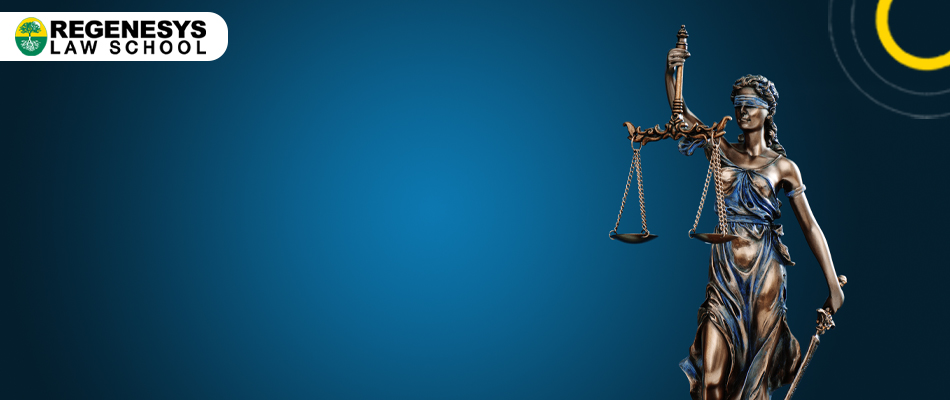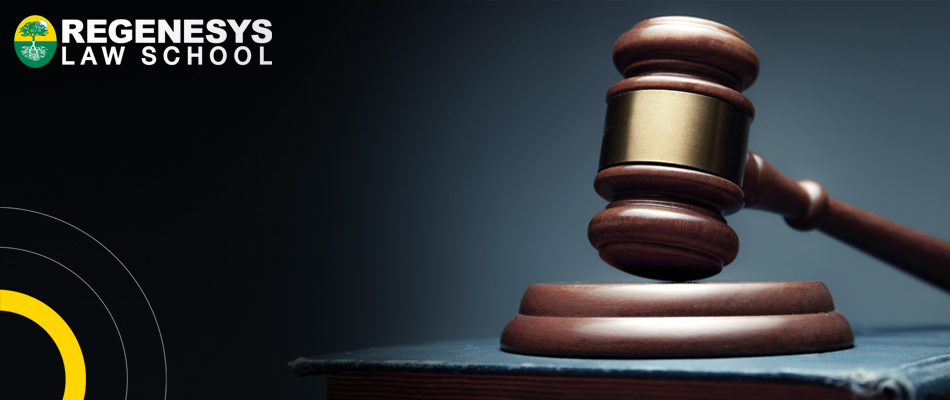The Bachelor of Laws (LLB) degree has been a staple of legal education for over a century. However, the legal industry has undergone significant changes in recent years.
From the rise of technology to globalisation, the legal landscape has evolved in once unimaginable ways. With that, the LLB programmes have undergone significant changes to keep up with the demands of the industry.
In this article, let us explore the evolution of LLB programmes and look at the history of legal education, how it has changed over time, and what you can expect from modern LLB programmes.
Whether you’re a law student or simply interested in learning more about the legal industry, this article is for you.
IN THIS ARTICLE:
- What is the Bachelor of Laws (LLB) Programme?
- The Evolution of the Bachelor of Laws (LLB) Programme
What is the Bachelor of Laws (LLB) Programme?
The Bachelor of Laws (LLB) programme is an undergraduate academic degree in law. It is typically designed to provide students with a comprehensive understanding of legal principles, theories, and practices.
The LLB programme provides students with a solid foundation in law, enabling them to:
- Understand legal concepts,
- Analyse cases and
- Apply their knowledge to real-world situations.
The LLB programme prepares students for diverse legal careers and serves as the gateway to the legal profession in many countries.
The LLB programme is the primary pathway for individuals who aspire to become lawyers, judges, or legal scholars or pursue careers in various legal professions.
The LLB programme has undergone a remarkable evolution to keep pace with the changing dynamics of the legal industry. With a shift towards interdisciplinary education, integration of technology-related subjects, and a greater emphasis on experiential learning, universities strive to produce well-rounded legal professionals who can thrive in the ever-evolving legal landscape.
The Evolution of the Bachelor of Laws (LLB) Programme
The Bachelor of Laws (LLB) programme, also known simply as a law degree, has a rich history that has evolved over centuries.
Here is an overview of the evolution of Bachelor of Laws Programmes:
Historical Origins:
- Legal education has roots in medieval European universities where scholars studied Canon Law, the ecclesiastical law of the Catholic Church.
- In England, legal education was conducted at the Inns of Court, where aspiring lawyers received training in the standard law system.
Formalisation of Legal Education:
- The 19th century saw the formalisation of legal education within universities.
- Law schools offering LLB degrees were established in several European countries.
- As legal systems expanded globally, similar LLB programmes, often modelled on the British legal system, were established in countries outside Europe.
Standardisation and Accreditation:
- Legal professional bodies, such as the Bar Council and Law Society, became instrumental in setting standards for legal education and accreditation of LLB programmes.
- Efforts were made to standardise legal education globally, ensuring that LLB programmes met specific criteria and provided a consistent level of legal knowledge and skills.
Integration of Practical Skills:
- In recent decades, there has been a shift towards integrating practical skills training within LLB programmes.
- Clinical legal education programmes allow students to gain practical experience by working on real cases under supervision.
- These activities allow learners to practice legal advocacy, improving their courtroom skills.
Diversity of Specialisations:
- Specialised LLB programmes have diversified to offer specialisations in various areas of law, such as:
- Criminal law,
- Corporate law,
- Environmental law,
- Human rights law,
- International law and more.
- Some LLB programmes incorporate interdisciplinary studies, allowing students to combine law with fields like:
- Politics,
- Economics, or
- Social sciences.
Technology and Online Learning:
- The rise of online education has led to the development of online LLB programmes, making legal education more accessible to students worldwide.
- Technology has facilitated access to extensive legal databases, enabling students to conduct research more efficiently.
Continuous Adaptation:
- LLB programmes continue to adapt to legal reforms and changing societal needs. For instance, LLB programmes often include courses related to emerging areas like cybersecurity law and digital privacy.
- Emphasis is placed on ethical considerations, professional conduct, and social responsibility, ensuring that graduates are not only knowledgeable but also ethical practitioners.
The Bottom Line
The evolution of LLB programmes reflects the dynamic nature of the legal profession and the need to prepare law graduates with a diverse skill set, including:
- Ethics,
- Adaptability
- Practical skills,
- Legal knowledge.
The rise of interdisciplinary studies in law signifies a significant shift in legal education. By incorporating courses on:
- Blockchain,
- Artificial Intelligence, and
- Other emerging technologies.
The law schools can ensure that their graduates are prepared to be the legal professionals of tomorrow. It’s an exciting time to be in the field of law, and those who embrace these advancements will be at the forefront of shaping the future of legal practice.
We hope you found our blog post on the evolution of Bachelor of Laws (LLB) programmes insightful and thought-provoking. As we explored the transition from traditional legal education to the integration of technology and innovative approaches, it is clear that the legal landscape is constantly evolving.
Whether you are a prospective law student or a legal professional, understanding the changes in LLB programmes can help you adapt and thrive in the legal industry.
Stay tuned with Regenesys Law School for more updates on the exciting developments shaping the future of legal education.
FAQs – Frequently Asked Questions: The Evolution of Bachelor of Laws Programmes.
What is an LLB degree?
Answer: The Bachelor of Laws (LLB) programme has long been regarded as the foundation for aspiring lawyers, providing them with the necessary knowledge and skills to navigate the complex world of legal practice.
Traditionally, the LLB programme focused on equipping students with a comprehensive understanding of legal principles, statutes, and case law. It emphasised the development of critical thinking, analytical skills, and the ability to interpret and apply legal concepts. The curriculum typically encompassed core subjects such as constitutional law, contract law, criminal law, and property law, among others.
What is the duration of the Regenesys Bachelor of Laws (LLB) programme?
Answer: The Regenesys Bachelor of Laws (LLB) programme is a four-year degree programme.
Click here to learn more about the Regenesys Bachelor of Laws (LLB) programme.
What are the outcomes of the Regenesys Bachelor of Laws (LLB) programme?
Answer: Regenesys offers students an accredited 4-year Bachelor of Laws (LLB) degree.
The Regenesys Bachelor of Laws Degree (LLB) develops an understanding of legal processes, methodologies, and principles enshrined in the Constitution.
This programme explores analytical and critical thinking and professional communication skills, which are required to develop well-rounded graduates to excel across many legal career paths.
What is the significant development in the evolution of LLB programmes?
Answer: The significant development in the evolution of LLB programmes is the increasing emphasis on experiential learning.
Recognising the importance of practical training, many universities have introduced clinical programmes, internships, and moot court competitions to provide students with hands-on experience in legal research, advocacy, and client representation. This experiential learning approach aims to bridge the gap between theory and practice, ensuring students are well-prepared to handle real-world legal scenarios.
What are the specialisations available for LLB degree?
Answer: LLB degrees often allow students to specialise in specific areas. The specialisations in the LLB programme are:
- Family law,
- Corporate law,
- Human rights law,
- Environmental law.





